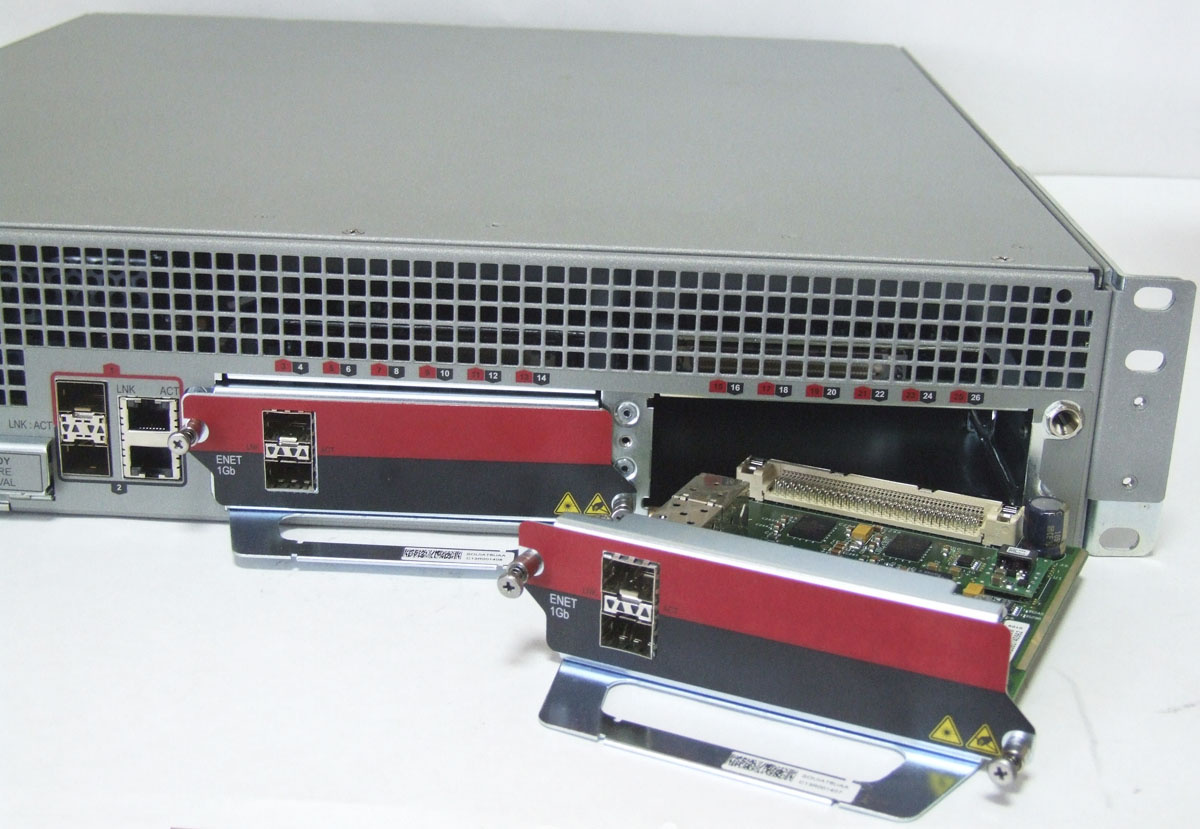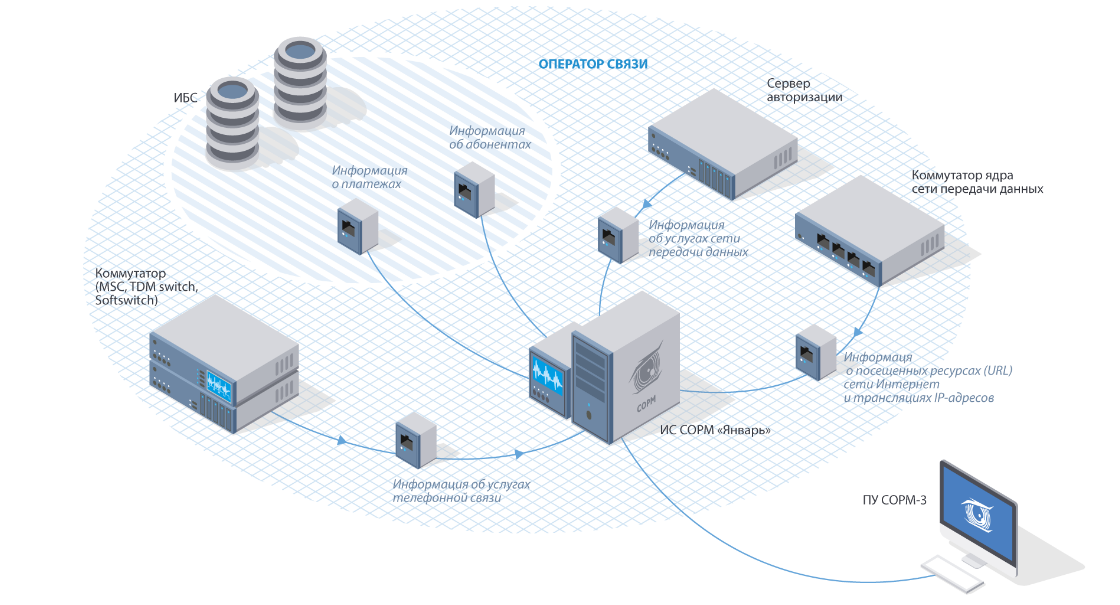The history of the formation of a single Internet service provider

The times when telecom operators appeared one after another, laying wires over the roofs and basements, have sunk into oblivion long ago. The market is oversaturated and, it seems, there is simply nothing to catch on this field for a new player. However, small cities in the republics distant from Central Russia leave gaps that can be filled by a company that is just starting its journey in the provision of Internet access services.
One of these companies is Kyzyltelecom, which has been operating in the city of Kyzyl, the Republic of Tuva, for several years now.

The story of the emergence of this company is remarkable by the fact that its formation began in the crisis year for the country, when the dollar conquered peaks, Western countries imposed sanctions against Russia, and domestic politicians with might and main introduced the concept of import substitution. In general, the time has come in the Russian economy when businesses are more likely to close than vice versa. However, the example of “Kyzyltelecom” is indicative and partly unique, and the most pleasant thing is that NAG took direct part in this process. But first things first.
The story of the formation of “Kyzyltelecom” as an Internet provider with NAG.ru was shared by the person who led the process from the idea to the connection of the first subscriber. Actually this story is a kind of life hacking on the topic “How to create a telecom operator and what is needed for that”.
In the courtyard were the pre-crisis "two thousand tenths" years. The company “FORT-SP”, which specializes in the installation of low-voltage systems and electrical work, received a good profit, allowing you to spend money on developing other business lines. Then there were the first considerations on the development account in the field of Internet service. However, the idea was safely postponed for a year until “Crimea struck out of the blue”. Western countries began to impose sanctions on Russia, and the dollar began to break the record of value against the ruble. When it became clear that cloudless times were over, and the calm on the Russian market was replaced by a storm, the management of FORT-SP decisively said “time”.
“I still regret the missed opportunity, starting construction we bought equipment for a communication center twice as expensive, we bought everything twice as expensive. But the story is not about that. For a year while the management made a decision, I studied this question, communicated with people and integrators, during this time I was convinced to abandon wimax (the office that traded with this equipment did), and we correctly paid attention to GPON. New direction for me, I plunged into the study of the issue. I very quickly went to the forum “NAG” , there were received basic tips on the organization and selection of equipment ”, - says Alexander Afanasyev, an engineer at Kyzyltelecom.
It is not for nothing that there is a saying “the first pancake is lumpy”, but in such a case as the development of a new direction besides that associated with a multitude of technical nuances, one cannot do without errors. At the first stage, enough time was spent on studying the theoretical part. One of the stages of “learning” was a visit to the exhibition “Svyaz Expo”. It was there that the future provider managed to decide on the choice of billing, installation equipment, SORM and establish many useful contacts.
Iron
When the heroes of this story became more or less clear, the main points of the work of the Internet provider had to proceed to the purchase of equipment for a communication center. The first necessity was to decide on BRAS. Investing several million rubles in a single piece of hardware was inexpedient. Therefore, the purchase of an Ericsson SE100 router was previously considered as one of the options.

"Apparently, it was necessary to purchase two pieces, so that one would gather dust in the warehouse for urgent replacement in the event of a major failure. Once again, the guys from “NAG” came to the rescue, who advised to turn their attention to the Cisco ASR1000 . On it, and it was decided to choose, - notes the engineer of "Kyzyltelecom".
Eltex equipment was selected for the GPON construction: a mes 5448 switch and an Eltex MA4000-PX switch with an eight-port card. In addition, licenses for ACS, EMS were purchased.
“Inexperience has played a cruel joke with us. Initially, we purchased only one server - the new Fujitsu . In the future, this caused serious problems with adding a processor. When we bought an additional processor, it turned out that we also need a second radiator, which we had to look for separately. ”- says Alexander.

Later five more servers were purchased. Three were used to launch IPTV, and two more were needed for the Internet. Buying new servers would be prohibitively expensive, so the novice operator had to buy hardware in the secondary market.
“Again, due to our inexperience of the server, we purchased them under Pierce TV. We spent more than six months on consultations with their specialists, but in the end we found out that they do not deliver content. It was decided to start cooperation iptvpotal.ru. Now one of the servers is used as a transcoder. The server that was planned for the archive of channels is now used for cloud-based video surveillance ”- shared experience engineer “Kyzyltelecom”.
The story of one deception
After a while, all the necessary equipment was purchased, the premises for the communication center came into use. Was purchased input 15 kW. Before Kyzyltelecom, there was an urgent need to find a specialist who could launch this whole “organism” into work. They again turned to the Nag.ru forum, where several people instantly responded, ready to set everything up.
In the meantime, negotiations were underway with backbone operators. They began with a very heavy amount of 2400 rubles / Mbit. A good price was provided by MTS and Megaphone. Prior to that, Kyzyltelekom half a year tried in vain to reach an agreement with Rostelecom. There were always some problems: the contract was not agreed, or there was no one to sign the order on prices and the like.
Finally, we decided on a specialist who will undertake the setup and launch of a communication center. For his work, the “master” asked for 300 thousand rubles, plus payment for accommodation and tickets. For this money, the metropolitan specialist undertook to set up a communication center (in fact, all his work was reduced only to setting up Radius and BRAS ). Other people have already been responsible for setting up billing, IPTV and video surveillance.
“It should be said that our invited“ expert ”turned out to be a frank fraudster who was going to make good money on our inexperience. By the end of the second week of work, he told the management that he had completed 99% of the work and he needed to leave for a week in Moscow to solve some of his questions. He was going to finish the rest of the work remotely, and then he would go back and set up IPTV (for setting up IPTV he would ask 260 thousand rubles).- says the representative of “Kyzyltelecom”.
Further the plot develops even more interesting. Specialist going home and he paid the entire agreed amount. Then he persuades the leadership to become LIRom. A contract is signed with his company for which another 200 thousand rubles is paid. As a result, 500 thousand rubles were paid for a non-working ASR with a cumulative code, and the absence of ip addresses that the specialist must provide after paying the fee to the raip. At this time, an IT specialist comes to work in our staff and begins to understand the situation.
According to the results, I’ll say that I finished the “special” setting, but for 5 months I returned the money for the raip, returned some whining and parts of how difficult his life was. It was a great lesson for us. ”
Cloud surveillance
So, the equipment is purchased and configured. With the main operators signed all the necessary contracts. It's time to take up the organization of additional services.
“From many experts I heard the statement that the first thing you need to start the Internet, and only then take up the configuration of additional services. They think this is wrong, because now clients cannot be attracted by the Internet alone. When choosing a network topology, it is necessary to take into account additional services, and it is easier to integrate immediately with billing than to wait several months later when a window appears in Hydra, ”says Alexander.
First of all, it was decided to implement the video surveillance service. The necessary experience in this area already existed, so there was no need to attract third-party specialists. To implement the service, they chose from several systems: macroscop cloud, FORPOST and flussonic. The flussonic version had to be abandoned because the product seemed “raw”.
The future provider needed video surveillance as a service to be easy to manage and scaleable. Integration was possible with a variety of camera manufacturers. There was an opportunity to manage services on their own (add and remove cameras, connect and pay for services, etc.).
“In the end, the macroscop was integrated into Hydra.” Along the way, we chose the type of licenses (the price of one is 4500 rubles; the license includes intellectual modules). What attracted us in this product, intellectual modules, the guys are not the first year produce software for video, support a large number of cameras. Why we abandoned this decision, the project is commercial, and investing 4,500 rubles for a license for one camera is not comme il faut, the software development is finished, although the support has not gone away, ”Alexander explains.
In the end, after testing, it was decided to deploy the work on the FORPOST. This system seemed to the management of the provider the most thoughtful and complete. It combines all the necessary things for the provider - billing, a website for customers, the ability to manage services, view cameras from a browser without installing additional plug-ins and programs. The final decision was influenced by the price of the license - 1,700 rubles. Plus additional licenses worth 500 rubles for cameras with pnp (handy, camera with the necessary firmware, you can add to the mac address, the camera itself initializes the authorization on the server, in simple words, the camera does not need a white ip address).
“After acquiring 100 licenses, we received technical support for the month, within which, we made a pnp firmware for the cameras of the manufacturer with which we work. And also integrated into the system payments through Sberbank acquiring. And a few words about the dependence on network topology. We are additionally agreed with tenants of apartment buildings, we install several cameras on our houses, we connect them to a separate subscriber device, this connection must be taken into account when building the network ”, - notes the specialist "Kyzyltelecom".
Estimate
“All equipment was purchased at a time when the course soared to 70 rubles. The course constantly jumped, so all bills were billed in dollars, and they had to be paid at the rate of + 5%.
ACCOUNT number 1 - $ 21 978 (BRAS ASR 1000, one server with additional six SAS 320 gb hard drives., Equipment racks 2 pieces 48 inch and 2 pieces for rechargeable batteries with reinforced battery shelves 150 A / h -16 pieces uninterruptible power supply for 15 kW and small things, shelves, crosses).
ACCOUNT # 2 - 550 900 rubles (equipment and licenses for GPON, basket 4000 with 8 port and 8 SFP modules, licenses for 512 ASR and EMC subscribers without a switch, 5248 switch, UEP 2-3 power supply device.).
ACCOUNT number 3- $ 3,422 (the welder and the Fujikur system were taken separately)
ACCOUNT number 4 - $ 19,540 (three servers that were planned for PEARSS TV, in total, one is used for cloud video surveillance, one as a transcoder for iptv and one for various needs.)
Billing "Hydra" - 510,000 rubles SORM - 816,000 rubles. Additionally, we bought ERP „USERSIDE“ - 100,000 rubles is excellent software, we draw a network in it, we plan to take an additional module for uploading data from Hydra. At first, they looked at domestic development with the same functionality, but the price tag was 600 thousand rubles. pushed us away. ”
TOTAL: 4 673 300 rubles.
Everything was purchased in parts as far as possible. At the same time, “passivka”, cable distributors, as well as a trunk cable were bought. Later servers were taken on the used equipment market. As a result, it was possible to save about 1.5 million rubles.
SORM
“As any novice provider, we were worried about many questions, but the most incomprehensible, covered in mystery and darkness is SORM, as usual, without being able to get a clear explanation, we put the matter aside“ for later. ”It turned out that the worst thing in SORM is price paying, you get a single-unit device (server) that takes place in your rack, consumes your electricity, but to which you have practically no relation ”- says Alexander Afanasyev.

The solution of the issue with SORM begins with an acquaintance with the FSB officer who oversees this area. It is in the department that they recommend a company that develops devices for SORM. In the case of Kyzyltelecom, it was an IFESFT company. To develop SORM, it was necessary to provide a network diagram, a questionnaire, and so on. The SORM implementation plan is sent to the FSD, where it must be approved. Then to the department laid fiber optic cable. Connection and configuration of SORM were performed by the FSB and IFESFT.
“As a result, I’ll say this: we did 70 percent of paper work, we set up and assemble about 10 percent of the work, everything else was done without our participation. As a result, the device costing us 800 thousand rubles costs itself on the node and does not bother anyone. They sold it to us in installments, because it did not become a financial burden for us ”- Alexander notes.
Finally, everything was set up, and the new provider of the city of Kyzyl was ready to start connecting subscribers. Tariffs were set at the level of other providers in the city. In order to attract subscribers, they came up with a campaign: for a low price, subscribers were connected to any tariff for two months and then transferred to a standard tariff at a selected cost.
“I don’t know because of what, probably because of the desire of endless freebies, the incoming customers wanted even more freebies, for example, one of the clients asked whether there would be an additional discount for her as part of the promotion”- said Alexander Afanasyev.
When tariffs and promotions for attracting subscribers were developed, the question “what to do next?” Arose. It was unclear how to carry out an advertising campaign and not to scare off subscribers, simultaneously earning a bad reputation.
“One of our first subscribers was, naturally, employees of the company, friends and friends of friends, so the question of management, until recently, was not acute. But we still had to contact the company that provides direct sales services for providers. A guy arrived, spent a week in a rented apartment, ran around the districts, went home, conducted a selective survey, made a table and left. Two weeks later we received a report and a proposal for the creation of a direct sales department. Here's how the text of the letter sounded: “Our company's remuneration is variable, tied to each PL connected application (and it will be about 2 monthly fees, from each application within 6 months)”. In other words, we would have one year to give them all the money earned, not counting applications for connection. Naturally, we refused ”- says Alexander.
Now Kyzyltelecom is still in the development of an advertising concept. The subscriber base is expanding due to passive advertising and “word of mouth”.
“The base is filled up with new customers, people are slowly coming. We are very much rescued by the fact that our office earns on a different direction, not related to providing. We also have a staff of installers, i.e. There is income and people who receive salary from this income. According to the most pessimistic forecasts, the payback period of the project is 5-6 years. Every year, the state gives us new surprises (SORM, SORM2, Project Spring), which is associated with additional costs that are difficult to take into account in forecasting ”- Alexander complains.
Now, in addition to Internet access, Kyzyltelecom can provide subscribers with cloud-based video surveillance and IPTV services . If everything goes quite well with video surveillance, then television is still far behind. According to representatives of the provider, the thing is that subscribers are not yet ready to understand all the advantages of IPTV.
“What can I tell you as an advice if you decide to become a provider? You need to have a substantial amount of funds and be prepared to work at a loss for the first couple of years. You also need a concept by which you are going to promote services. I wish you success in this difficult task. ”- summed up Alexander.
All Articles